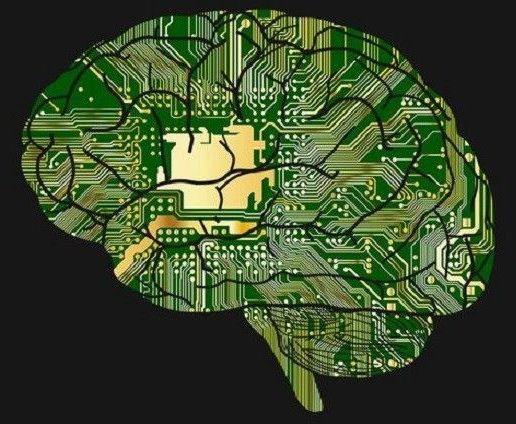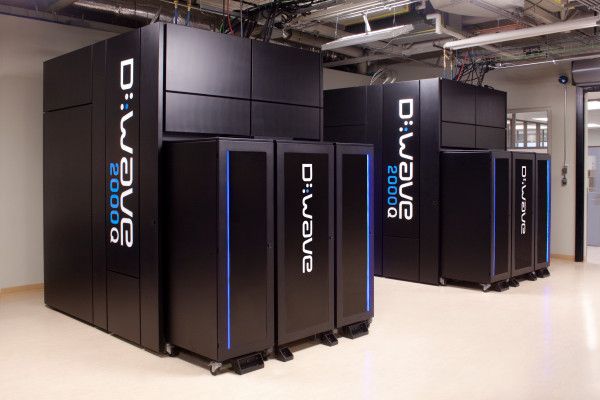Apr 3, 2020
How Brain Implants Could Give Us Superhuman Abilities
Posted by Paul Battista in category: neuroscience
Brain implants are neural implants that are used to stimulate the parts & structures of the nervous system. These implants are technical systems that communicate with the nervous system and help to enhance senses, physical movement, and memory after a stroke or other head injuries. Deep brain stimulation and spinal cord stimulation are used to treat depression, obsessive-compulsive disorder and epilepsy, among other neural disorders.
Technology has touched all aspects of our lives in this 21st century world that we live in and has, in fact, become an integral part of our lives. So much so that we start feeling incomplete as soon as we manage to get away from it.
No doubt, it has enhanced our lives in many different ways and today we can do things that we couldn’t have even imagined a few decades ago. I mean, sending a text to someone half way around the world in an instant? Almost feels like magic, doesn’t it?


















